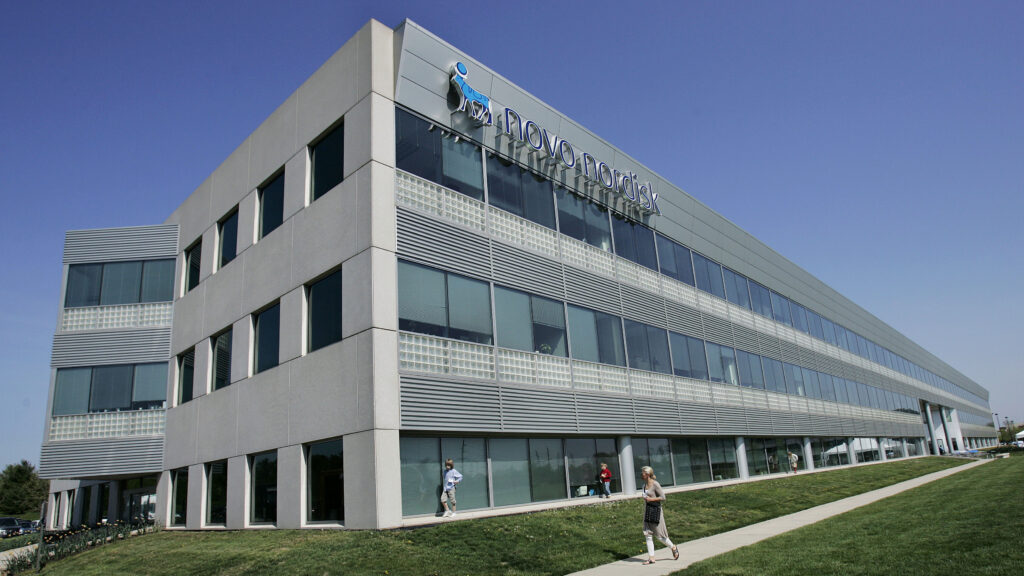Want to stay on top of the science and politics driving biotech today? Sign up to get our biotech newsletter in your inbox.
Hellloooooo. Today, we discuss the FDA’s lack of engagement with critics of MDMA for PTSD therapy. We also highlight a massive veterans study on genomics, and how it illustrates the importance of studying diverse populations. And there’s more.
advertisement
FDA silent on claims of misconduct in MDMA trials
At last month’s advisory committee meeting about Lykos Therapeutics’ MDMA-assisted therapy, the FDA said that it would investigate allegations of data suppression and misconduct in trials of the treatment.
But now, about a month before the FDA is expected to make a decision on use of the treatment in PTSD, some of the people who raised the misconduct concerns said they’ve yet to be contacted by the FDA. For example, a report released by ICER in May noted “severe negative outcomes” that weren’t present in Lykos’ published data — and the nonprofit’s CMO told STAT’s Olivia Goldhill that it has yet to hear from regulators. The agency is set to make a decision on MDMA-assisted therapy by Aug. 11.
The silence raises questions about how the agency is pursuing the accusations, and whether a decision on the treatment could be delayed.
advertisement
Veterans study illustrates importance of diversity in genomic research
A massive study of veterans’ DNA highlights the importance of including diverse populations in genetic research. The U.S. Department of Veterans Affairs studied the genomes of 636,000 veterans, and found 26,000 associations between genetic variants and traits like height and cancer risk. Notably, around 3,500 of these associations only became apparent when including individuals of non-European ancestry, underscoring the value of genetic diversity.
This inclusive approach also helped pinpoint specific genetic variants that increase disease risk, STAT’s Jonathan Wosen writes. The study, part of the VA Million Veteran Program, illustrates that while genetics are largely similar across populations, diversity can reveal unique insights and improve our understanding of human health.
What relation does JD Vance have with Vivek Ramaswamy?
Do pharma companies have a moral responsibility to patients? And what does $300 champagne taste like?
We cover all that and more in this week’s episode of “The Readout LOUD,” STAT’s biotech podcast. Our Washington correspondent Sarah Owermohle joins us to talk about how JD Vance, Donald Trump’s newly announced running mate, could influence health policy if Trump wins the election.
Novo, Lilly shares sink due to concerns over competition
Eli Lilly and Novo Nordisk saw their shares sink further this week thanks to looming competition in the anti-obesity market. Lilly’s shares dropped 10% over just two days, and Novo’s are down about 8% in the same time period — cutting tens of billions of dollars in market share, the Wall Street Journal points out.
This follows Wednesday’s news from Roche that its experimental pill prompted pronounced weight loss in early studies. Although there’s a ways to go with the Roche drug, this suggests that the company — or others — could ultimately gobble up market share should it win approval.

